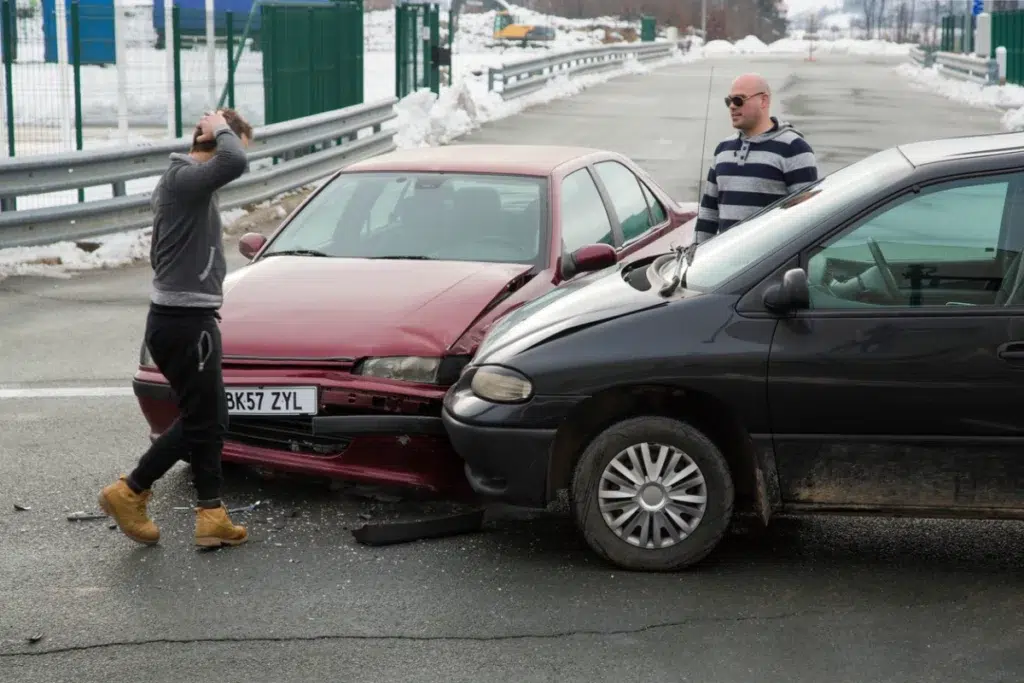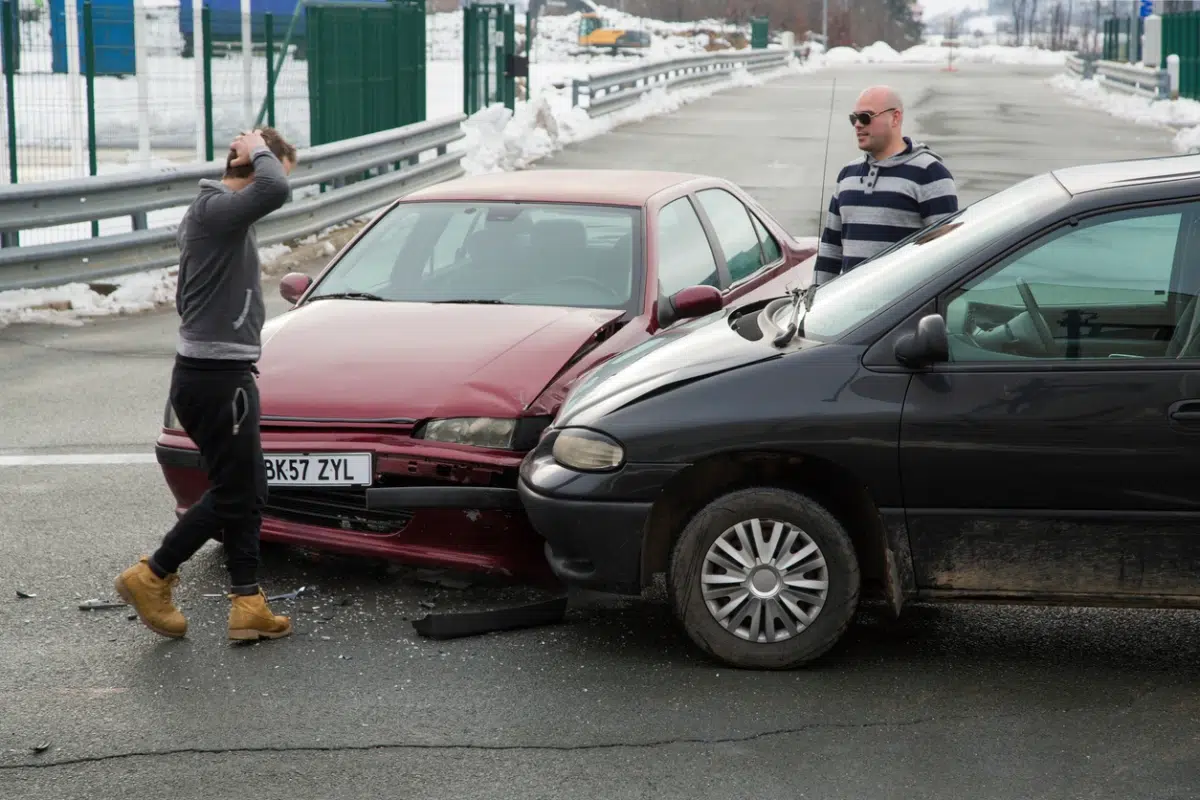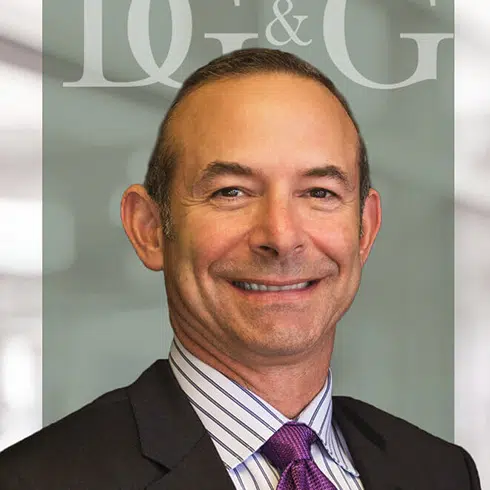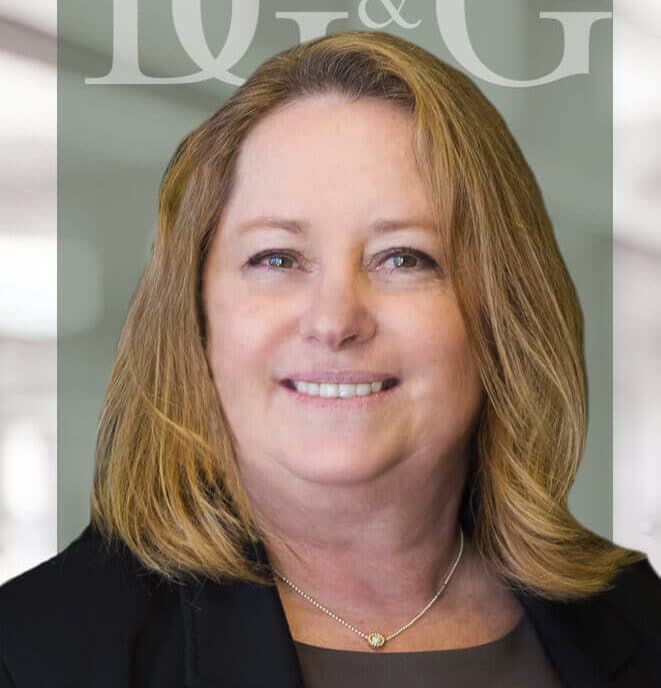
Car accidents can bring devastating physical, emotional, and financial consequences. If you’re found at fault in a serious collision, the stakes are especially high. Being at fault in a car accident can result in significant financial responsibility, including the potential loss of your home if damages exceed your coverage or ability to pay. You may be wondering: Can I lose my house due to an at-fault car accident? In short, yes, under certain circumstances, your personal assets, including your home, can be at risk. Understanding how liability works, what legal actions can follow an accident, and how to protect yourself financially, including having adequate car insurance as a key part of asset protection, is critical to safeguarding your future.
This article explores how liability affects your assets, what legal protections exist, and how residents of San Francisco and across California can implement smart asset protection strategies. If you’ve been involved in an accident or want to know how to shield your assets ahead of time, you’re in the right place. Learn more about your options for protecting your personal assets by visiting our pages on car accident legal representation and personal injury services offered by Delfino Green & Green.
Can I Lose My House Due to an At-Fault Car Accident Lawsuit?
The short answer is, unfortunately, yes. While it is not the most common outcome, it is a possible one. If you are the at-fault driver in a car accident and the damages awarded in a lawsuit exceed your insurance coverage—when the costs of an accident exceed your policy’s coverage limits—the injured party’s legal team can look to your personal assets to satisfy the judgment. This can include bank accounts, investments, and, in some cases, your home.
This scenario typically unfolds when the accident results in catastrophic injuries, leading to astronomical medical bills, long-term care needs, significant lost income, and substantial pain and suffering compensation. In such cases, a standard auto insurance policy might be insufficient to cover the full extent of the damages, especially if your coverage limits are too low. Exceeding these limits can create a significant financial burden, as you may be held personally responsible for the remaining costs. This exposes you to financial liability when damages from an accident exceed your insurance coverage.
How to Protect Your Home from a Lawsuit
For homeowners in San Francisco, where property values are high, your home likely represents a significant portion of your net worth. Using legal and financial strategies is crucial to protect your assets effectively from potential lawsuits. Here are specific steps to consider:
- File a Homestead Declaration: This can increase the automatic homestead exemption protection and help protect your home’s equity from creditors.
- Avoid Commingling Business and Personal Assets: Keep everything clearly separated.
- Limit Equity Exposure: Reinvest equity into protected assets or structures.
- Consult an Attorney: They can advise you on legal tools to safeguard your home.
Liability and Fault in California
In California, the concept of liability is based on a “comparative fault” system. This means that responsibility for an accident can be shared among multiple parties. When a car accident lawsuit is filed, the court will determine the percentage of fault for each driver involved. For example, if you were found to be 80% at fault and the other driver 20% at fault, you would be legally responsible for 80% of the other driver’s damages.
Your liability insurance is your first line of defense. It’s designed to cover the costs of damages you cause to others, up to your policy limits. However, many drivers only carry the minimum required liability coverage in California, which is:
- $15,000 for bodily injury liability to one person.
- $30,000 for bodily injury liability to more than one person.
- $5,000 for property damage.
Given the high cost of medical care and vehicle repairs, it’s easy to see how these minimums can be exhausted quickly in a serious accident. This is where the risk to your personal assets and potential financial liabilities begins if your insurance coverage is insufficient. An experienced personal injury attorney at Delfino Green & Green can help you understand your rights and options, whether you are the injured party or the one facing a potential lawsuit.
Understanding Car Accident Lawsuits
If you are found at fault for an accident, the other party may file a car accident lawsuit against you to seek compensation for their losses. Before a lawsuit is filed, the claims process typically begins, where the injured party notifies the insurer, provides documentation, and attempts to resolve the matter through insurance. This is a civil action, a type of car accident claim that goes through the court system. The goal of the lawsuit is for the injured party (the plaintiff) to obtain a judgment against you (the defendant) for the full amount of their damages. A lawsuit usually starts when the victim files a claim or legal action against the at-fault party.
These damages can include:
- Medical Expenses: This covers everything from emergency room visits and hospital stays to surgeries, physical therapy, and future medical care, depending on the injuries sustained by the plaintiff.
- Lost Wages: If the injuries prevent the plaintiff from working, they can sue for the income they have lost and will lose in the future.
- Pain and Suffering: This compensates the plaintiff for the physical pain and emotional distress caused by the accident. Pain and suffering compensation in a car accident can be a significant portion of the total award, especially in cases involving severe injuries or great bodily harm.
- Property Damage: This covers the cost of repairing or replacing the plaintiff’s vehicle and any other damaged property, including repair costs for vehicles and other property.
If the court awards damages that exceed your insurance coverage, you are personally liable for the difference. This is why having adequate insurance coverage is absolutely essential for your financial protection. An umbrella insurance policy, for example, can provide extra liability coverage that kicks in after your standard auto insurance is exhausted, offering a crucial layer of security for your assets.
What Personal Assets Are at Risk?
If you’re sued after a car accident and the awarded damages exceed your insurance coverage, several categories of personal property could be vulnerable. Taking steps to protect your assets in the event of a lawsuit is crucial to avoid losing valuable property. Here’s a more comprehensive look at what might be on the line:
- Your Primary Residence: While California offers a homestead exemption to protect a portion of your home’s equity, the remaining value could be exposed depending on the amount of the judgment and how your assets are structured.
- Vacation Homes or Rental Properties: These are not protected by homestead laws and are more readily targeted in lawsuits.
- Bank Accounts and Cash Reserves: These are often the first assets creditors attempt to claim through garnishment or levies.
- Investment Portfolios: Stocks, bonds, and mutual funds held in taxable accounts are usually not protected and can be liquidated to satisfy a judgment.
- Valuable Personal Property: This includes luxury vehicles, high-end electronics, artwork, and fine jewelry.
- Business Interests: If you own a business or are a partner in one, your share may be subject to a claim if not legally separated from your personal assets.
On the other hand, most qualified retirement accounts—like IRAs and 401(k)s—are generally protected under federal or state laws, but protections can vary. It’s critical to consult an attorney familiar with protecting assets in personal injury claims to evaluate your specific exposure and put safeguards in place to protect your assets.
Understanding which assets are at risk is a cornerstone of sound financial planning, especially in liability-prone environments like California. Preserving your financial stability requires knowing your legal options and taking proactive measures to protect your assets before a lawsuit occurs. The more you know, the better prepared you’ll be to weather legal storms.
Asset Protection Strategies After a Car Accident in San Francisco
If you are concerned about asset protection after a car accident in San Francisco, there are strategies you can employ to shield your property. It’s important to note that these measures are most effective when put in place before an accident occurs. Trying to hide or transfer assets after an accident to avoid a judgment can be considered fraudulent conveyance, which carries serious legal penalties.
Some key asset protection strategies include:
- Homestead Exemptions: California offers a homestead exemption that can protect a significant portion of your home’s equity from creditors in the event of a judgment. The amount of the exemption varies, but it can be substantial, making it a powerful tool for protecting your home after a car accident in San Francisco. It’s crucial to understand how this exemption applies in your specific situation.
- Trusts: Certain types of irrevocable trusts can be structured to own your assets, including your home. By placing assets in a trust, you no longer legally own them, which can protect them from being seized to satisfy a legal judgment. This is a complex area of law, and setting up a trust should be done with the help of a qualified estate planning attorney.
- Reviewing Insurance Coverage: The simplest and most effective strategy is to have robust insurance coverage. Conducting a regular insurance review with a financial advisor or insurance agent ensures your auto policy provides adequate protection for your assets. They can help you determine if you need higher liability limits for a car accident in California and advise you on whether an umbrella policy is a good investment for your financial situation.
The goal of protecting assets in personal injury claims is to safeguard your assets effectively and create a financial fortress around what you’ve worked hard to build. This proactive planning not only manages the at-fault accident lawsuit risk in San Francisco but also helps you achieve long-term financial security.
The Critical Role of Insurance Coverage
We cannot overstate the importance of insurance in protecting your personal assets. It is your primary shield against personal liability. Ensuring you have sufficient car insurance coverage is crucial, as inadequate coverage can put your home and other assets at risk if damages exceed your policy limits.
- Adequate Liability Limits: As mentioned, California’s minimum liability coverage is dangerously low. A single serious accident can easily surpass these limits. We recommend carrying liability limits significantly higher than the state minimum. A good rule of thumb is to have enough coverage to protect your total net worth.
- Umbrella Insurance: This is one of the most cost-effective ways to increase your protection. An umbrella policy provides an additional layer of liability coverage, typically starting at $1 million, that applies after your primary auto and homeowners insurance limits are reached. This can be the difference between a lawsuit being a manageable event and a financial catastrophe.
- Understanding Your Policy: Take the time to read and understand your insurance policy. Know what is covered, what is excluded, and the process for filing a claim. If you are involved in an accident, contact your insurance company immediately to begin the claims process. Knowing these details can help you navigate the often-confusing car accident settlement process timeline.
When reviewing what your insurance covers, remember that liability insurance may also cover legal fees incurred during the defense and settlement of claims arising from accidents.
Having the right insurance is not just about fulfilling a legal requirement; it’s about safeguarding your financial future and ensuring that a single mistake on the road doesn’t lead to you losing everything.
Navigating the Legal Process with Delfino Green & Green
Facing the legal aftermath of a car accident can be incredibly stressful and overwhelming, especially when you are worried about losing your home. It is crucial to be cautious at the accident scene and avoid making statements that could be used against you in liability or insurance claims. Having skilled legal representation is not a luxury—it’s a necessity.
An experienced attorney from Delfino Green & Green can:
- Investigate the Accident: We will thoroughly investigate the circumstances of the crash, gather evidence, obtain police reports, and collect information from other drivers and any party involved at the accident scene. We will also interview witnesses to build a strong defense on your behalf.
- Handle Communications: We will manage all communications with the other party’s insurance company and legal team, protecting you from saying or doing anything that could harm your case. We specifically advise you not to admit fault or make statements that could be interpreted as admitting fault after an accident.
- Negotiate a Settlement: Our primary goal is to negotiate a fair settlement within your policy limits, resolving the issue without the need for a trial and protecting your personal assets.
- Defend You in Court: If a lawsuit is filed and a settlement cannot be reached, we have the trial experience to vigorously defend your interests in court.
You do not have to face this alone. The legal system is complex, but with the right team by your side, you can navigate it effectively and work toward the best possible outcome for your car accident case.
Conclusion: Don’t Wait to Protect Your Future
Yes, under certain circumstances, you can lose your house due to an at-fault car accident, especially if you don’t have sufficient insurance or asset protection in place. With the high cost of damages in personal injury cases and the limitations of basic insurance coverage, it’s more important than ever to plan ahead.
If you’ve been in an accident or want to learn how to safeguard your assets proactively, Delfino Green & Green is here to help. Visit our personal injury page or car accident representation section for more information, and schedule a free consultation today to discuss your car accident or asset protection concerns.
Take action now—before an accident ever occurs. Your home, your assets, and your peace of mind are worth it.
Disclaimer: This content is for informational purposes only and does not constitute legal advice. For personalized legal assistance, please contact Delfino Green & Green directly.



